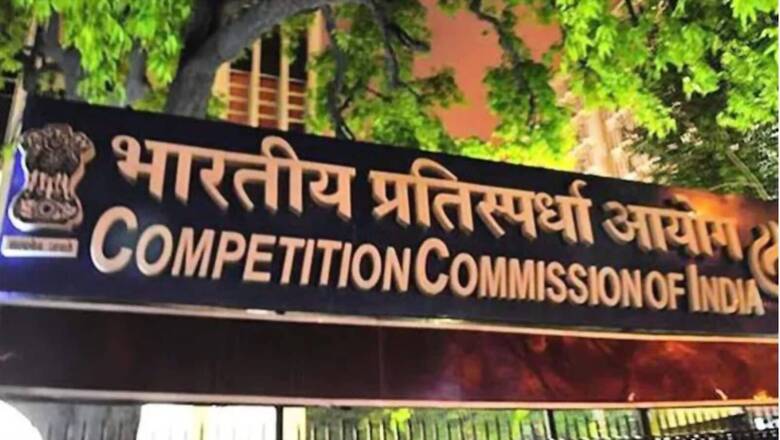
views
The Monsoon Session of Parliament kicked off on Monday, with the much-awaited presidential poll battle between NDA’s pick Draupadi Murmu and Opposition face Yashwant Sinha. As the session progresses, the government is likely to propose amendments to the competition and insolvency laws amid efforts to further strengthen the regulatory regime in a new-age market.
According to a Lok Sabha bulletin, the Competition (Amendment) Bill, 2022, seeks to carry out certain essential structural changes in the governing structure of the Competition Commission of India (CCI) and changes to substantive provisions to address the needs for new age markets.
News18 takes a look at the bill and what it entails:
What is the Competition Commission of India?
CCI was established by the government in 2003 and consists of a chairperson and 6 members appointed by the Centre.
It is the duty of the commission to eliminate practices having adverse effect on competition, promote and sustain competition, protect the interests of consumers and ensure freedom of trade in the markets of India.
The commission is also required to give opinion on competition issues on a reference received from a statutory authority established under any law and to undertake competition advocacy, create public awareness and impart training on competition issues.
Why the need to regulate competition?
In any market, competition ensures that the ‘aam aadmi’ has access to the broadest range of goods and services at the most competitive prices. When competition increases, producers are goaded to innovate and specialise, leading to lower prices. The main aim is to provide a level playing field to producers while keeping consumer interest and welfare paramount.
What does the Competition (Amendment) Bill, 2022, say?
The bill aims to improve regulatory set-up by increasing the CCI’s accountability, giving it flexibility and enforcement efficiency.
Among the changes proposed is a board with part-time members to supervise CCI activities; CCI to mandatorily issue penalty guidelines and give reasons in case of any divergence; CCI to be able to engage in structured negotiations with parties and arrive at mutually-workable solutions without having to go through lengthy formal proceedings, thus bringing it on par with the Securities and Exchange Board of India (SEBI); CCI can make appeals to the National Company Law Appellate Tribunal conditional on a pre-deposit of up to 25% of the penalty imposed by the CCI; Shortening of the merger review period from 210 to 150 days; Introduction of a green channel for merger applications.
The bill also recognises other forms of cartels such as hub-and-spoke cartels and has a catch-all provision to enable the CCI to deal with anti-competitive pacts irrespective of the structural relationships between parties.
What are the wider implications?
The bill mandates that CCI will engage in public consultation before issuing regulations, a move that will prevent legislative wrongs.
The bill also recognises that traditional business models are undergoing rapid transformation as India moves towards a digital economy. Given that the bill will enable the CCI to deal with anti-competitive agreements irrespective of the structural relationship between the parties, the move will give more teeth to the commission.
However, one area of concern for experts is the inability of the bill to address anti-competitive conduct by digital platforms.
Read all the Latest News, Breaking News, watch Top Videos and Live TV here.



















Comments
0 comment